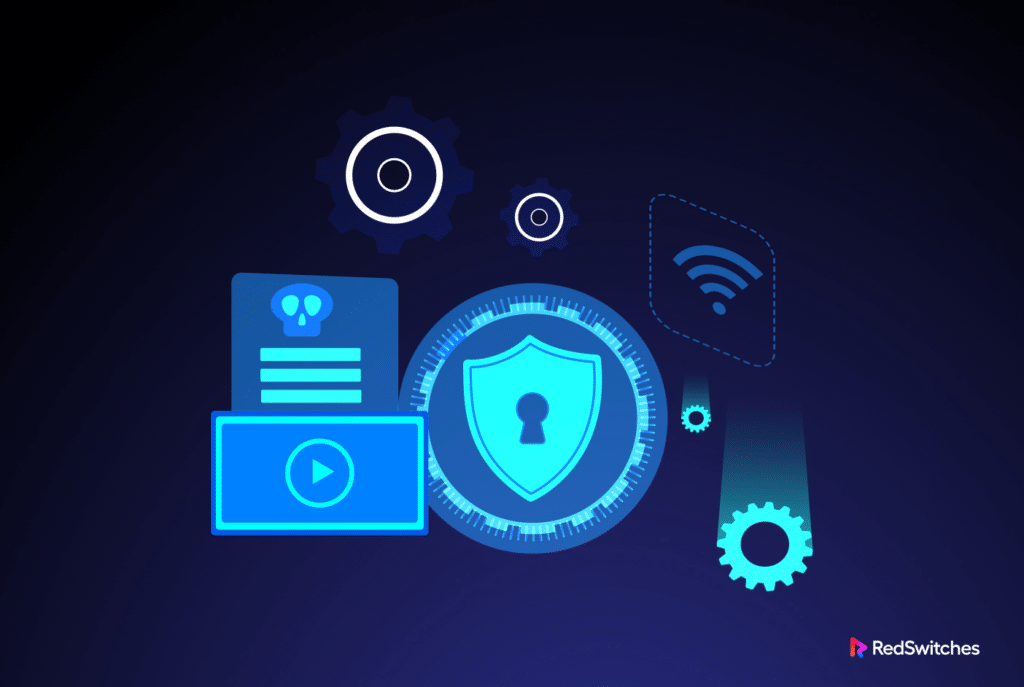Penetration Testing Tools

Penetration testing tools are essential for security professionals to identify vulnerabilities and weaknesses in a system, network, or application. These tools automate various aspects of the testing process and help testers discover, exploit, and analyze security issues. Here are some widely used penetration testing tools across different categories:
Information Gathering and Reconnaissance:
-
Nmap:
- A powerful and versatile network scanning tool that can discover hosts, open ports, and services.
-
Recon-ng:
- A web reconnaissance framework that helps gather information from various online sources and social media.
-
theHarvester:
- A tool for gathering emails, subdomains, hosts, employee names, and other information from public sources.
Vulnerability Analysis and Scanning:
-
OpenVAS (Open Vulnerability Assessment System):
- An open-source vulnerability scanner that performs comprehensive vulnerability assessments.
-
Nessus:
- A widely-used vulnerability scanning tool that identifies vulnerabilities, misconfigurations, and other security issues.
-
Nikto:
- A web server scanner that identifies potential vulnerabilities in web servers and web applications.
Exploitation:
-
Metasploit Framework:
- A powerful exploitation framework that allows security professionals to test, develop, and execute exploit code against a remote target.
-
Burp Suite:
- A web application security testing tool used for scanning, crawling, and exploiting web applications.
Password Cracking:
-
John the Ripper:
- A widely-used password cracking tool that supports various password hash algorithms.
-
Hashcat:
- An advanced password recovery tool that supports multiple hashing algorithms and attack methods.
Wireless Network Penetration Testing:
-
Aircrack-ng:
- A suite of tools for assessing and exploiting wireless networks, including WEP and WPA/WPA2 security.
-
Wireshark:
- A widely-used network protocol analyzer that can be used for capturing and analyzing wireless traffic.
Social Engineering:
- SET (Social-Engineer Toolkit):
- A toolkit for simulating various social engineering attacks, including phishing campaigns and credential harvesting.
Forensics and Post-Exploitation:
-
Volatility:
- A framework for memory forensics that allows the analysis of memory dumps for signs of compromise.
-
Wireshark:
- While commonly used for network analysis, Wireshark can also be used for packet-level forensics.
Reporting and Documentation:
-
Dradis Framework:
- A collaboration and reporting platform that facilitates the integration of findings into a comprehensive report.
-
OWASP ZAP (Zed Attack Proxy):
- A widely-used open-source security tool for finding vulnerabilities in web applications during and after development.
Wireless Network Penetration Testing:
-
Aircrack-ng:
- A suite of tools for assessing and exploiting wireless networks, including WEP and WPA/WPA2 security.
-
Wireshark:
- A widely-used network protocol analyzer that can be used for capturing and analyzing wireless traffic.
Web Application Security:
-
Burp Suite:
- A web application security testing tool used for scanning, crawling, and exploiting web applications.
-
SQLMap:
- An open-source penetration testing tool that automates the process of detecting and exploiting SQL injection flaws.
These tools are just a subset of the many available for penetration testing, and the choice of tools often depends on the specific needs of the testing engagement and the preferences of the security professionals involved. Additionally, it's crucial for penetration testers to use these tools ethically and with proper authorization.
Thank you.
